Mali
Two employees of the International Committee of the Red Cross (ICRC) kidnapped two weeks ago in northern Mali have been released "safe and sound and unconditionally", the NGO announced overnight from Sunday to Monday.
"The two ICRC collaborators kidnapped on March 4 between (the cities of) Gao and Kidal (north) were released this (Sunday) evening", announced the Malian branch of the ICRC on Twitter. “Our colleagues are doing well and have been released unharmed and unconditionally,” she said.
The NGO “thanks all those who contributed to their release”. The two employees "will be reunited with their families as soon as possible," said Antoine Grand, head of the ICRC delegation in Mali, in a press release published elsewhere.
The ICRC stresses that it will not disclose the names or nationalities of the two employees to "protect their privacy". He also says that he will not provide any details of the abduction, captivity, or release, following a rule observed in these circumstances.
Mali has been plagued since 2012 by the spread of jihadism and violence of all kinds. This vast, poor and landlocked country is plunged into a deep crisis, not only security but also political and humanitarian. It is ruled by a junta following two military coups in 2020 and 2021.
The violence is carried out by armed groups affiliated with Al-Qaeda and the Islamic State group, but also by self-proclaimed militias and bandits.
Kidnappings are one aspect of this violence, whether they target foreigners or Malians. The motivations, ideological or villainous, range from the demand for ransom to the act of reprisals through the will to bargain.
Insecurity makes the work of humanitarian organizations very complicated and dangerous. A doctor from the World Health Organization (WHO) was kidnapped in late January in eastern Mali before being released in February.
In Mali, but also elsewhere in the Sahel, humanitarian organizations are commonly accused of serving external interests, which they deny. "The ICRC is an exclusively humanitarian organization, and strictly neutral, independent and impartial," the Red Cross said in its statement.
"His teams must be respected and protected. Such acts endanger all humanitarian interventions on the ground and can have a significant impact on the humanitarian services provided to the most vulnerable populations," she said.
"We want to continue our humanitarian activities as close as possible to the populations affected by the violence and the conflict in Mali while preserving the safety of our staff in a region where the humanitarian needs are very great", says Patrick Youssef, director of the ICRC for Africa, quoted in the press release.
At least 25 foreigners and countless locals have been kidnapped in the Sahel — the vast semi-arid expanse beneath the Sahara Desert — since 2015, according to the Armed Conflict Location & Event Data Project. The abduction of aid workers by armed groups is usually for the purpose of questioning them and ensuring that the aid group is doing what it says it is doing.
“Violent extremist groups engage in kidnappings for a variety of reasons, and a lot depends on local realities and needs, as well as the level of influence they have in the area. For humanitarian personnel, the primary motivation is often control (investigation),” says Flore Berger, Sahel analyst at the Global Initiative against Transnational Organized Crime. "The need for control may arise if access has not been 100% negotiated or if groups are suspicious of staff members for one reason or another."



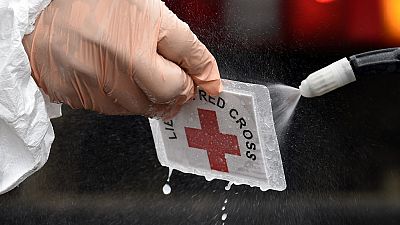

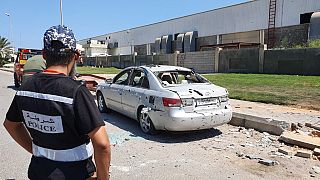
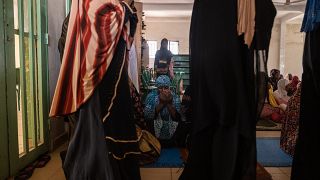
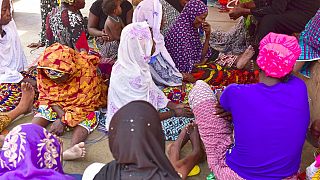


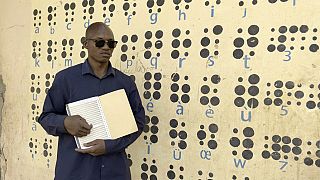



Go to video
A US pastor abducted in South Africa has been rescued after a police shootout
Go to video
US Africa command warns against withdrawing troops from the continent
Go to video
South African Woman on Trial for Kidnapping, Selling Daughter
Go to video
Niger: At least 10 soldiers killed in an ambush
01:53
Mass burials in Goma as families demand peace amid conflict
00:59
ECOWAS confirms exit of the Alliance of Sahel States from the regional bloc